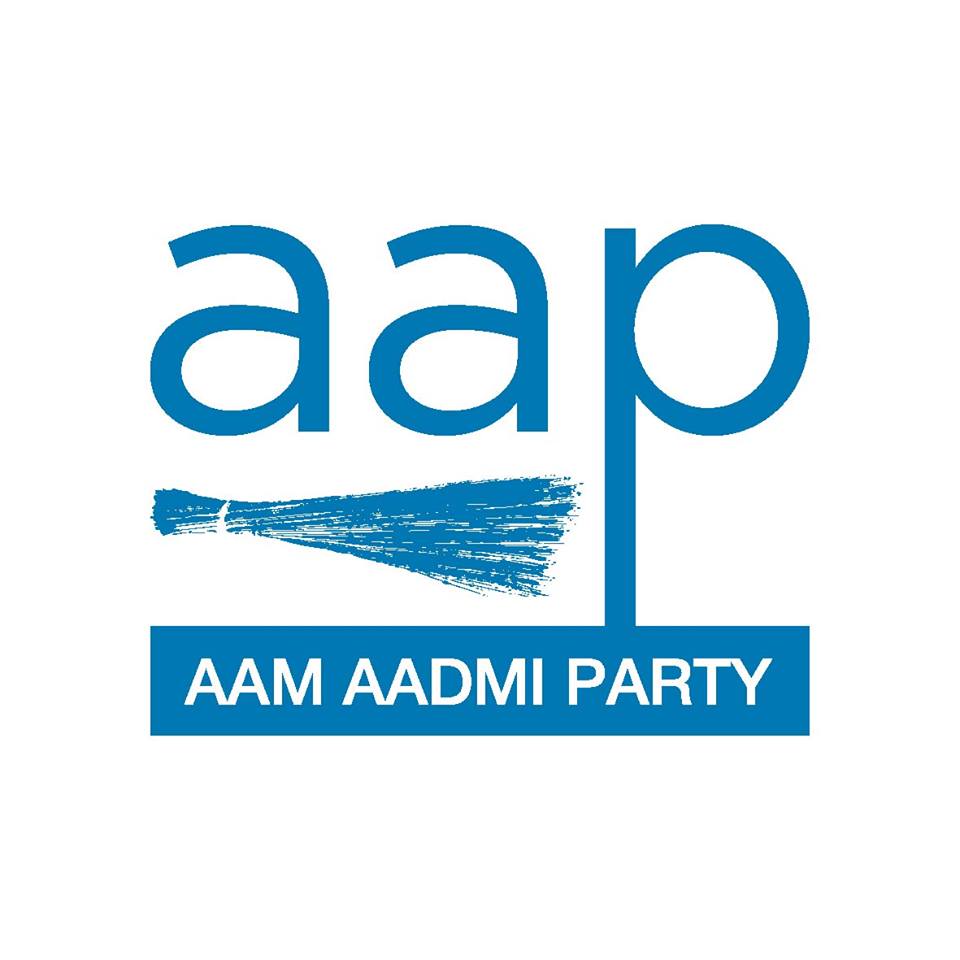
By SAURABH BHARDWAJ.
Watch Delhi MLA Saurabh Bhardwaj show a demo of EVM tampering in Delhi Assembly
The sanctity of the election process is the bedrock of Indian democracy. Over the last few months, however, the faith in this process has been shaken due to serious allegations of EVM tampering from multiple parts of the country.
While AAP was the first to express these concerns, 16 opposition parties have now made allegations about tampering and have urged the Election Commission of India (ECI) to revert to paper ballots – an unprecedented event in the last two decades ever since the EVMs were introduced in India. Under such circumstances, it is incumbent upon the ECI to do all that is necessary to dispel fears and convincingly prove the reliability of EVMs.
The most important question here is not whether EVMs were tampered with in any specific election, but whether the EVMs can be tampered at all or not. This issue goes far beyond the electoral prospects of any single party and should be of concern to any citizen who cherishes the freedom and democracy that our freedom fighters lost their lives fighting for.
On May 9, from the floor of the Delhi Legislative Assembly and in front of national TV, I demonstrated one specific instance of how an EVM can be tampered such that after any given point in time of the polling day, all votes get transferred to only one party. I also announced that this can be easily done within minutes by anyone gaining unauthorised access to EVMs before elections and changing its motherboard. That day, the Delhi Assembly passed a historic resolution appealing to the ECI for the following:
- Allow a no-holds-barred hackathon to allow political parties and tech experts to test the vulnerability of EVMs
- Ensure every election hence forth is held with VVPAT (Voter Verified Paper Audit Trail) as directed by the Hon’ble Supreme Court of India
- Introduce a standardised procedure wherein votes polled and counted by EVMs in at least 25% of booths that are randomly picked through lottery in each of the territorial constituencies are tallied with the physical count of paper trail recorded through VVPAT
AAP further reiterated these points in the all party meeting called by the ECI on May 12. At this meeting, we were happy to note the ECI’s agreement to universalise the use of VVPAT for all elections soon – exactly as we demanded – although it chose to stay silent on mandatory counting of VVPAT paper ballots or devising a standardised procedure for randomly selecting 25% VVPAT machines in each constituency and tallying their results with those of EVMs.
However, what was most disappointing is that the ECI backed away from announcing a true hackathon of international standards that would test the vulnerability of our EVMs to all kinds of threats. It instead announced a ‘EVM Challenge’ on June 3 with unreasonably restrictive rules that ask the ‘Challengers’ to tamper the EVMs practically by staring at them for 4 hours but not fiddling within anything inside them.
Aptly termed as “Jokethon” by AAP, this EVM Challenge was rejected by AAP and a large section of the opposition parties. AAP’s stance is very clear. All those powerful and unscrupulous elements who wish to subvert Indian democracy by tampering EVMs are not going to play by ECI’s neatly crafted playbook of do’s and don’t’s. The administrative safeguards that stand at the heart of ECI’s defence also don’t stand scrutiny since it is well known that in a vast country like India, it is anything but impossible to guarantee that no individual can get unauthorised access to EVMs before elections and make internal changes. If ECI’s administrative safeguards were so strong, we wouldn’t have had instances of booth capturing and ballot box stuffing in this country and therefore the need for EVMs in the first place.
Our stance on EVMs was further vindicated by this open letter sent to the Chief Election Commissioner on May 22 by a group of 15 technology experts with engineering degrees from prestigious universities like IIT Kanpur, IIT Mumbai, Tata Institute of Fundamental Research, Carnegie Mellon University, University of California, Berkeley and others. Rejecting ECI’s conditions for the EVM challenge, this group recommends “longer term testing by experts in voting and computer system security, producing a public report—in the manner of the Top-To-Bottom-Review of the state of California, USA—should be performed, and each important security vulnerability addressed in a timely fashion through an open process.”
It is time the ECI recognises the depth of the trust deficit that has developed among all opposition parties in India as well as the polity regarding EVMs and undertakes all necessary measures to restore their credibility. What is at stake is nothing less but the future of our democracy.


3 Comments